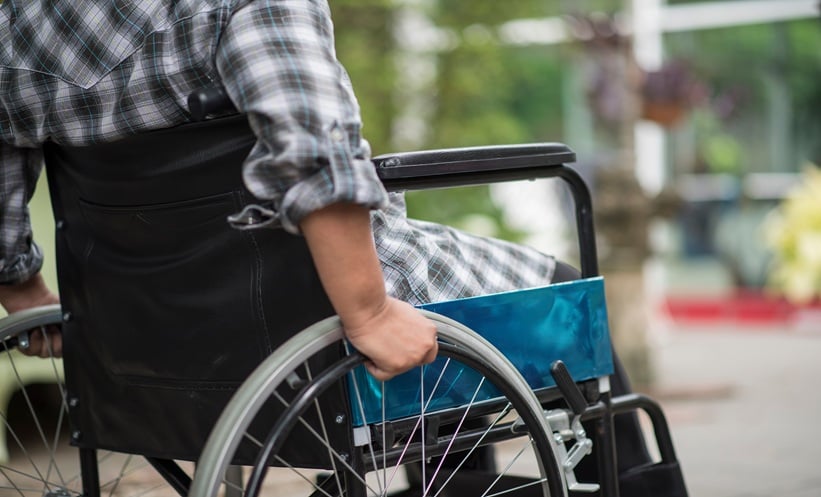NEUROGENIC overactive bladder (OAB) is a frequent and often distressing symptom in patients with multiple sclerosis (MS), impacting both quality of life and functional independence. Neuromodulation has become an increasingly popular approach in the management of this condition, particularly when pharmacological interventions are insufficient or poorly tolerated.
In a recent pilot study, researchers aimed to evaluate the effects of two neuromodulatory techniques—transcutaneous posterior tibial nerve stimulation (TPTNS) and repetitive transcranial magnetic stimulation (rTMS), on neurogenic OAB symptoms in women with MS.
Sixteen female MS patients diagnosed with neurogenic OAB were enrolled and randomly assigned to receive either TPTNS or rTMS across 10 treatment sessions delivered over a two-week period. The study design was single-blind, with investigators and statisticians blinded to group allocation. The primary outcome was assessed using urodynamic studies, while secondary outcomes included the Overactive Bladder Questionnaire-V8 (OAB-V8), Incontinence Severity Index (ISI), Incontinence Quality of Life Scale (I-QOL), and a voiding diary.
Results demonstrated no statistically significant differences in urodynamic parameters within or between the TPTNS and rTMS groups. Similarly, patient-reported outcome measures such as the OAB-V8, ISI, and I-QOL scores did not show significant intergroup differences. However, a notable exception was nocturia frequency, which improved significantly in the TPTNS group compared to the rTMS group (p = 0.01), suggesting a possible targeted benefit of TPTNS in addressing night-time urinary symptoms.
Although neither modality demonstrated clear superiority overall, the findings suggest that both TPTNS and rTMS may have value in symptom management and quality-of-life improvement in MS patients with neurogenic OAB. Further research with larger sample sizes and extended follow-up periods is needed to confirm these preliminary results and to better understand the mechanisms and potential optimisation of these non-invasive neuromodulation therapies.
Reference
Atak Çakir P et al. Effect of neuromodulation on neurogenic bladder in women with multiple sclerosis: a pilot randomized controlled trial. Neurodegener Dis Manag. 2025;DOI:10.1080/17582024.2025.2488712.








